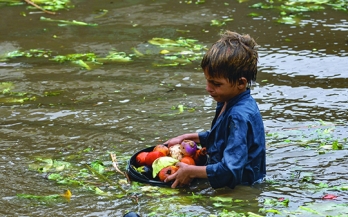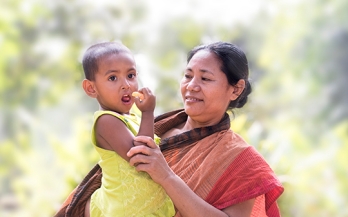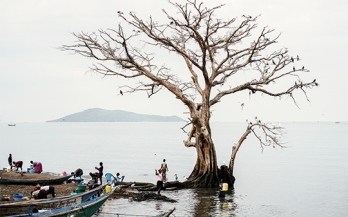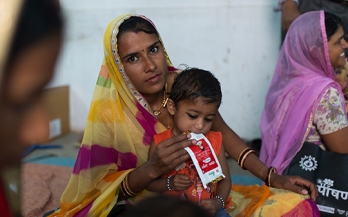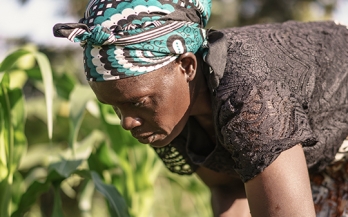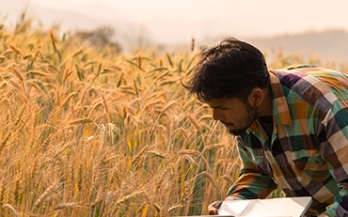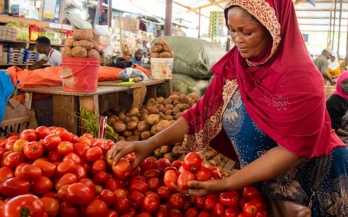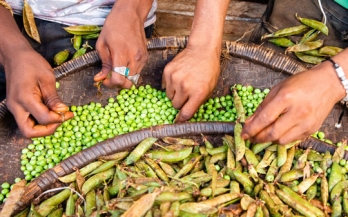Read our sixth story in the series on The Food Crisis: What's Happening, a collection of work on the current events and the impact communities are seeing on a global scale. The Food Crisis is affecting everyone socially, economically and nutritionally. Farrah Naz, Country Director at GAIN Pakistan, discuss the wide reaching ripple effect the massive flooding caused by the climate crisis will have on Pakistan, affecting the most vulnerable in society, and what actions need immediate attention.
Read our fourth story in the series on The Food Crisis: What's Happening, a collection of work on the current events and the impact communities are seeing on a global scale. The Food Crisis is affecting everyone socially, economically and nutritionally. Stella Nordhagen, our Senior Technical Specialist discusses the wide reaching ripple effect climate change will cause on out food systems and what actions need immediate attention.
Read our fourth story in the series on The Food Crisis: What's Happening, a collection of work on the current events and the impact communities are seeing on a global scale. The Food Crisis is affecting everyone socially, economically and nutritionally. Stella Nordhagen, our Senior Technical Specialist discusses the wide reaching ripple effect climate change will cause on our food systems and what actions need immediate attention.
Read our third story in the series on The Food Crisis: What's Happening, a collection of work on the current events and the impact communities are seeing on a global scale. The Food Crisis is affecting everyone socially, economically and nutritionally. Tarun Vij, our India Country Director discusses the wide reaching ripple effect India is experiencing and what actions need immediate attention.
Read our second story in the series on The Food Crisis: What's Happening, a collection of work on the current events and the impact we're seeing on a global scale. The Food Crisis is affecting everyone socially, economically and nutritionally. Mduduzi Mbuya and Saul Morris speak about the common threads connecting the threat to African food systems.
Read our first in the series on The Food Crisis: What's Happening, a collection of work on the current events and the impact we're seeing on a global scale. The Food Crisis is affecting everyone socially, economically and nutritionally. Jamie Morrison speaks about what areas need more attention and what actions need to be taken now.
In a pre-Covid-19 world, depression and anxiety were estimated to cost the global economy more than USD1 trillion per year in lost productivity. From recent discussions with companies on workplace wellbeing we notice a recurring theme: if mental health was emerging as a key focus area, it now most certainly is a priority for employers, and especially so as the pandemic continues to impact the wellbeing of millions of people around the globe.
I remember well the first Nutrition for Growth Summit in 2013 in London. I wrote the framing paper for that Summit: why should we invest in improving nutrition status? Answer: because 45% of under 3 mortality is linked to malnutrition.
After a year of planning, the UN Food Systems Summit is just days away. A catalyst for an extraordinary outpouring of energy and creativity over these past 12 months - hundreds of thousands of people from governments, civil society, business, and development agencies have participated in the preparations.
Pakistan is a lower-middle-income country with a population of more than 215 million, and the 5th most-populous country in the world. At the current growth rate of 1.8%, its population is expected to increase to around 255 million by 2030. Pakistan has one of the world’s highest rates of malnutrition among women and children.
